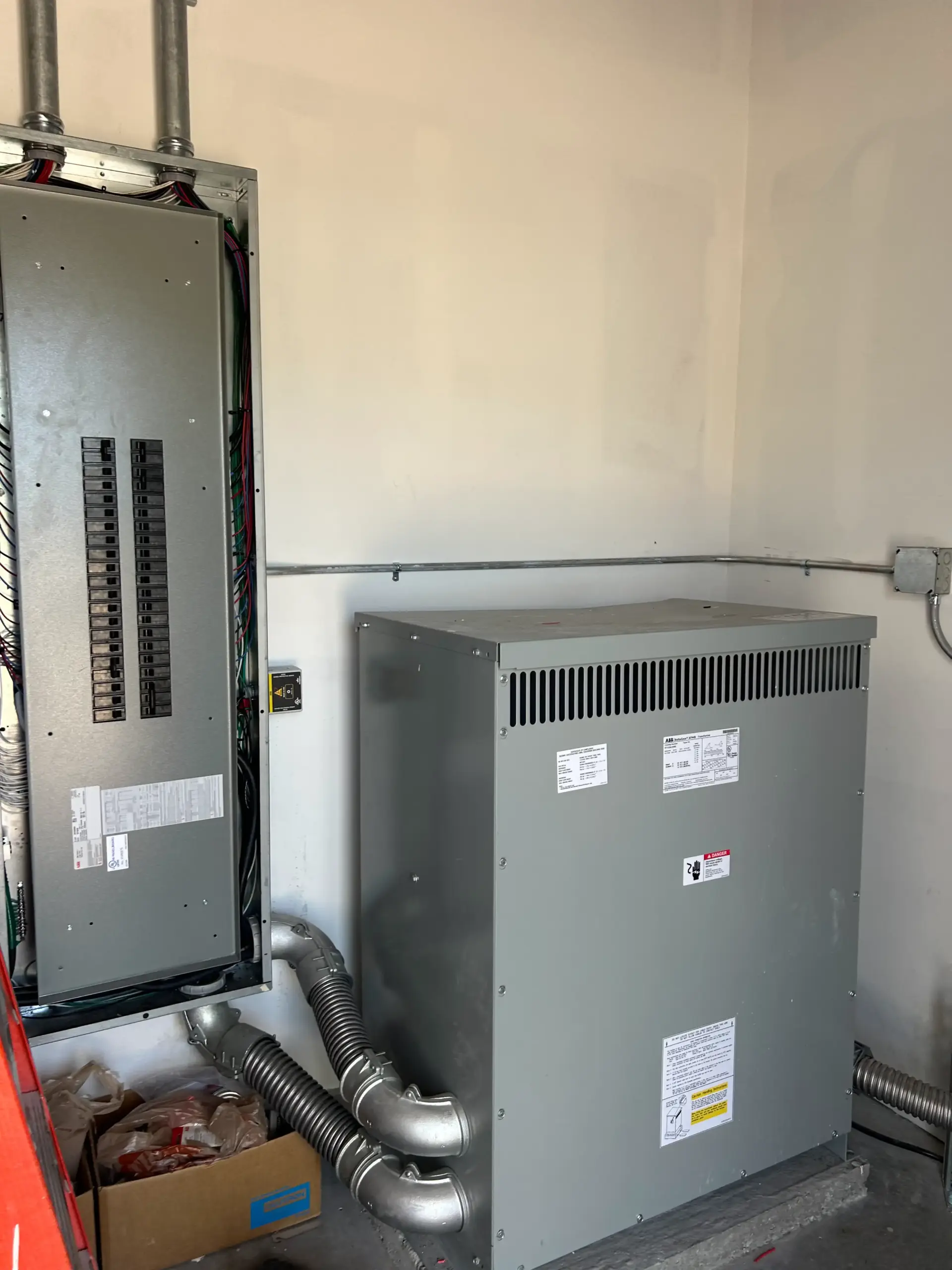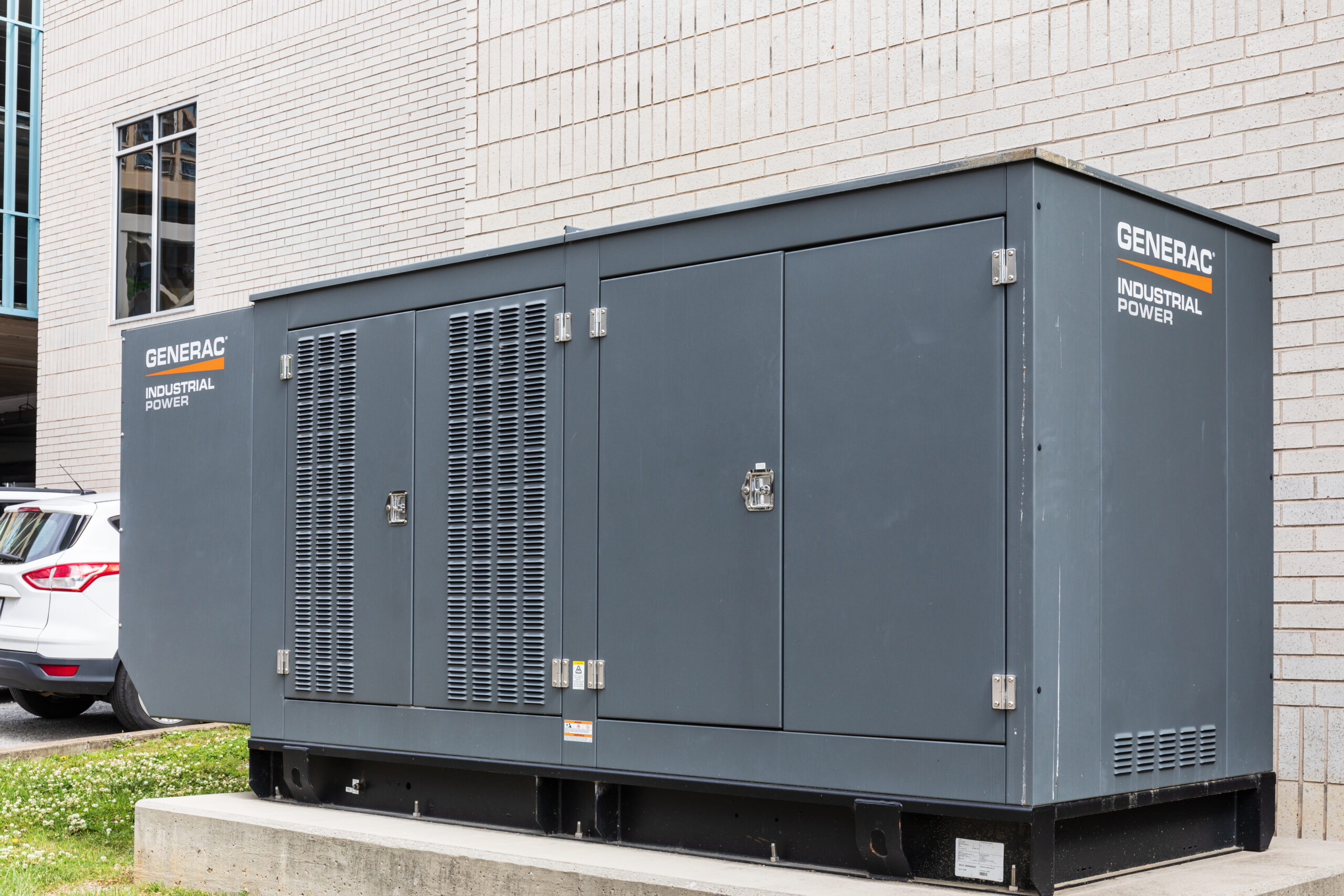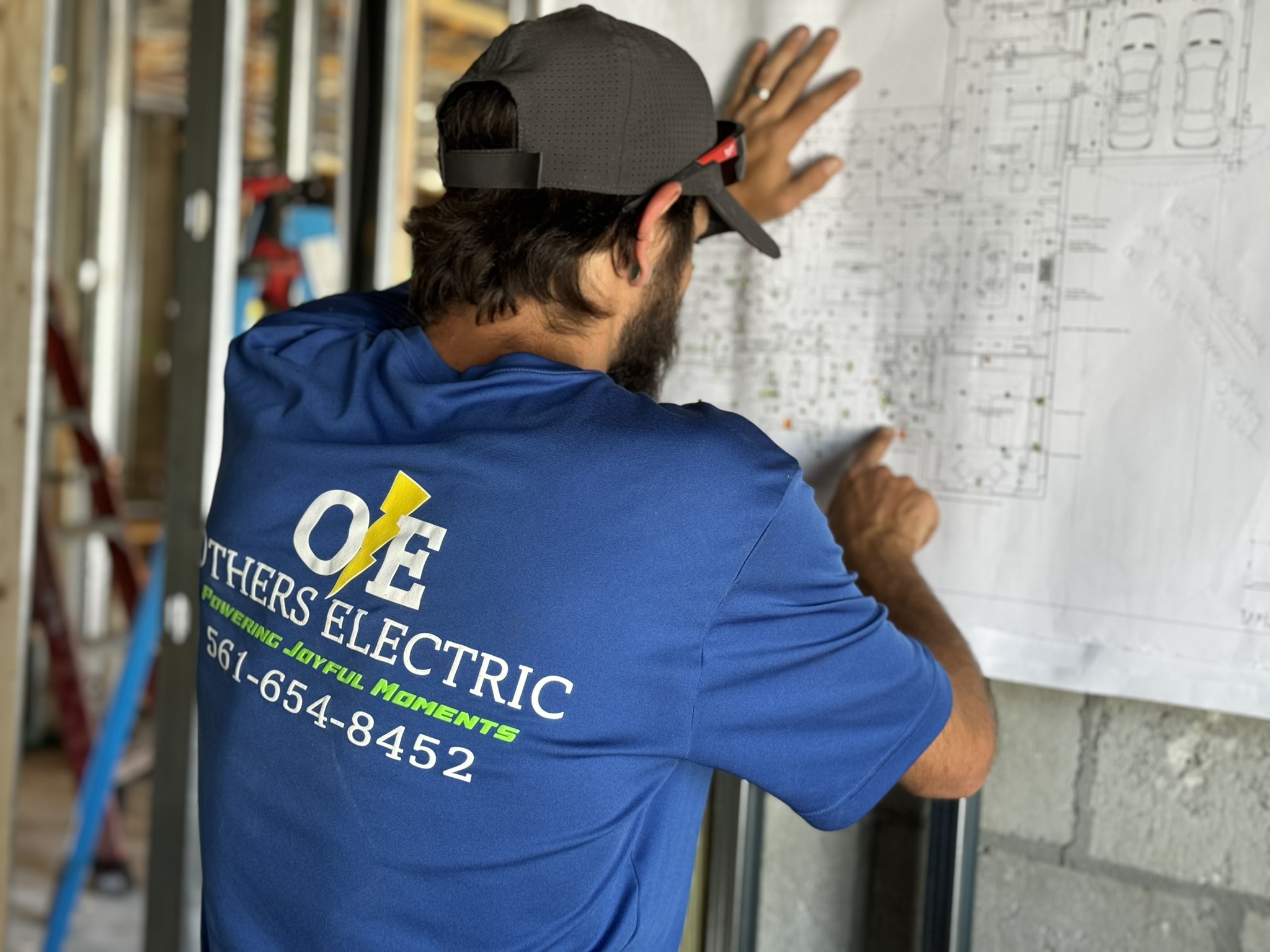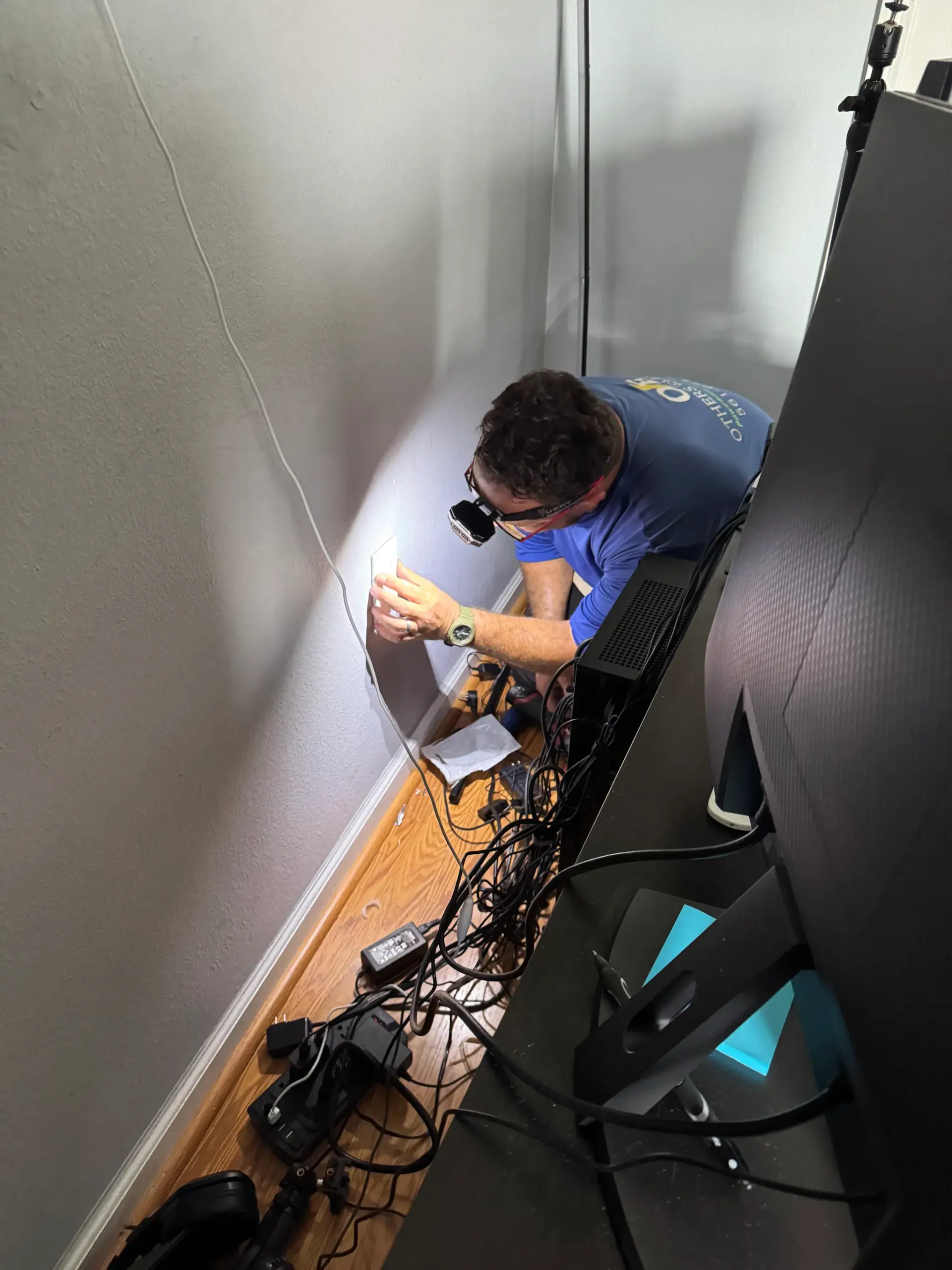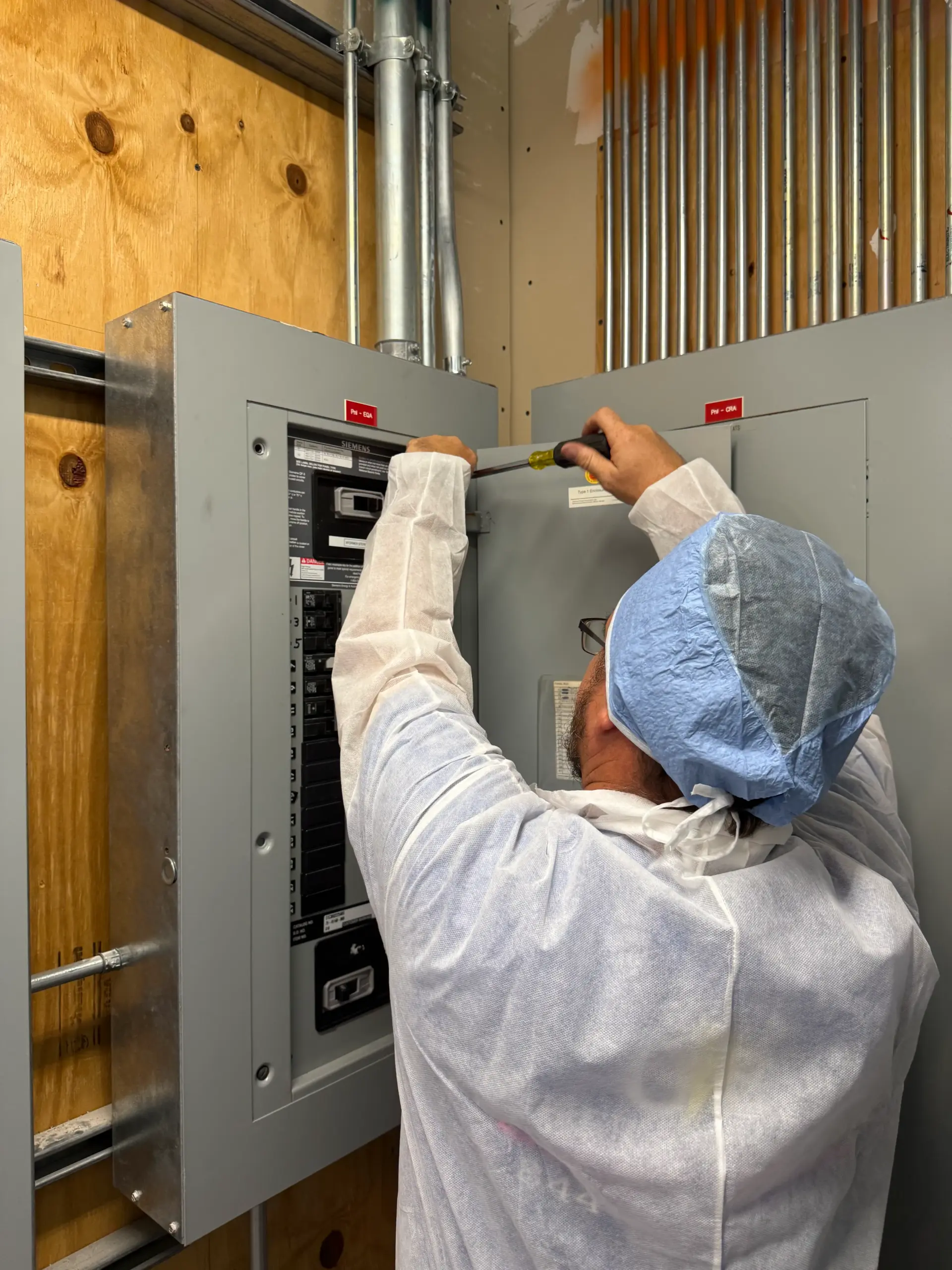When the power grid fails or a storm cuts electricity, one question matters most for every homeowner: what generator do I need? The answer depends on how much power your home actually uses and how much comfort you expect during an outage. A generator isn’t just an emergency backup; it’s a bridge between safety and convenience. Choosing the right one keeps your lights on, your appliances safe, and your household running smoothly, no matter the conditions outside.
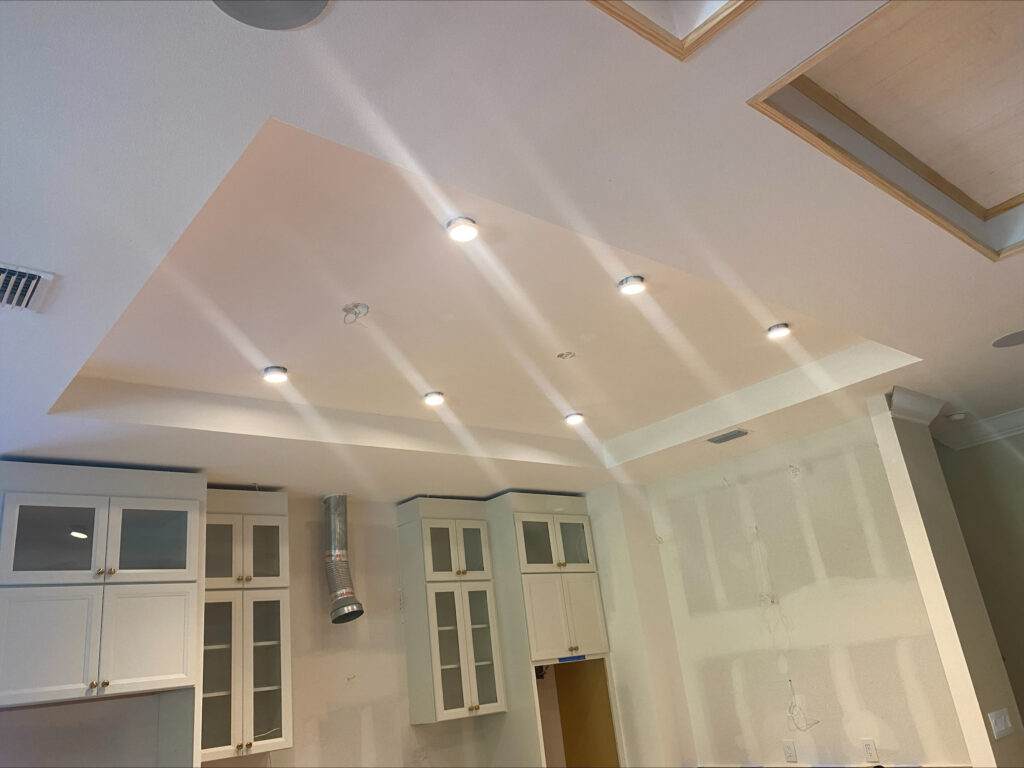
Purpose of a Generator
To know what generator do I need, start by understanding what a generator does. It converts mechanical energy into electricity that powers your home when the utility supply stops. Generators come in a range of capacities, from small portable models that handle basic needs to large standby units capable of running entire homes. The key is finding the right balance between wattage and practicality.
A small generator that runs too close to capacity will strain itself, while a large one that rarely reaches its optimal load wastes fuel and money. The ideal generator runs at about 70 to 80 percent of its rated capacity, providing steady, efficient power without overworking the engine.
Identifying Your Power Priorities
When figuring out what generator do I need, list the appliances and systems that matter most during an outage. For most households, these include a refrigerator, heating or cooling equipment, lighting, and essential outlets for communication and safety devices. If your home uses well water or medical equipment, those must be part of your plan too.
Every home has different priorities. Someone living in a mild climate might only need lighting and refrigeration, while others in cold or rural areas depend heavily on furnaces or water pumps. Knowing what you truly need to power helps you choose a generator that supports your lifestyle without unnecessary expense.
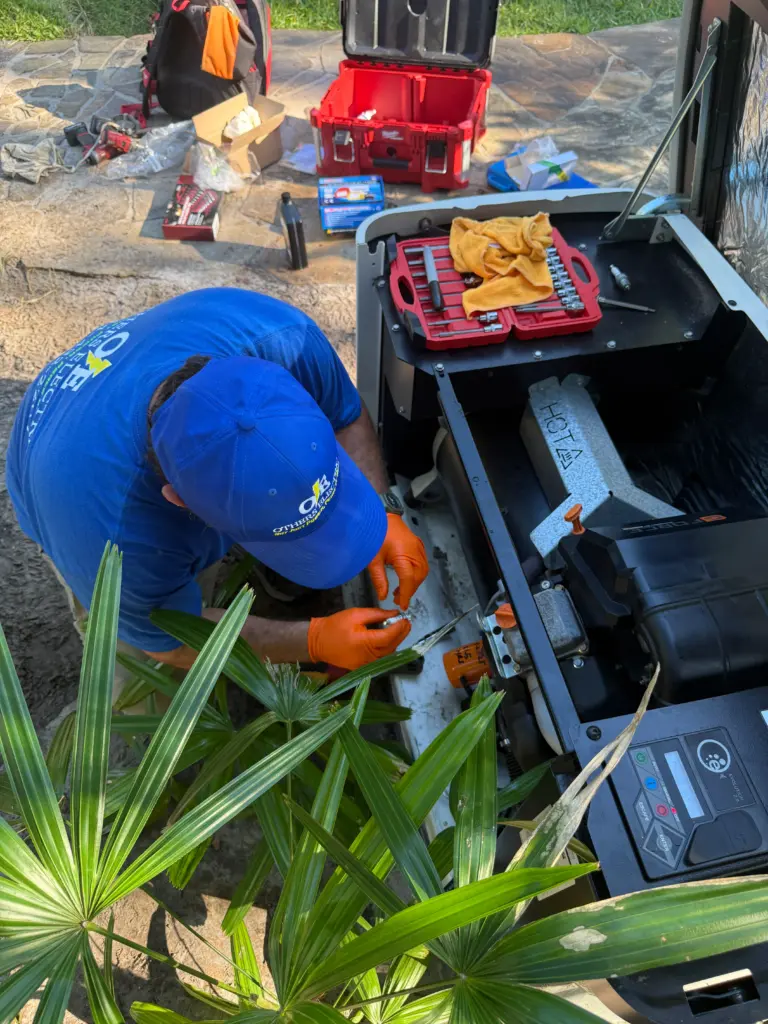
How Home Size Affects Generator Choice
Home size plays a big role, but it’s not the only factor that determines what generator do I need. A small home or apartment might only need a 2,000 to 3,000-watt generator to keep essentials running. A mid-sized suburban home usually requires between 5,000 and 7,500 watts to maintain comfort and safety.
Larger homes with multiple systems such as central air, water heaters, and well pumps can need anywhere from 10,000 to 20,000 watts. These are typically served by permanently installed standby generators that run on natural gas or propane. Instead of guessing based on size alone, think about how many systems you’d want running at the same time during an outage.
Portable vs. Standby Generators
One of the biggest decisions in answering what generator do I need is whether to go with a portable or standby model. Portable generators are budget-friendly and flexible. They typically produce between 2,000 and 10,000 watts and can power key appliances like refrigerators, lights, and sump pumps. Most run on gasoline or propane, making them easy to refuel.
Standby generators, often called whole-house units, automatically start when power fails. They’re connected directly to your home’s electrical system and can deliver up to 25,000 watts. Because they run on natural gas or propane, they can operate for days without refueling. For homes that experience frequent or long outages, a standby generator provides peace of mind and full coverage.
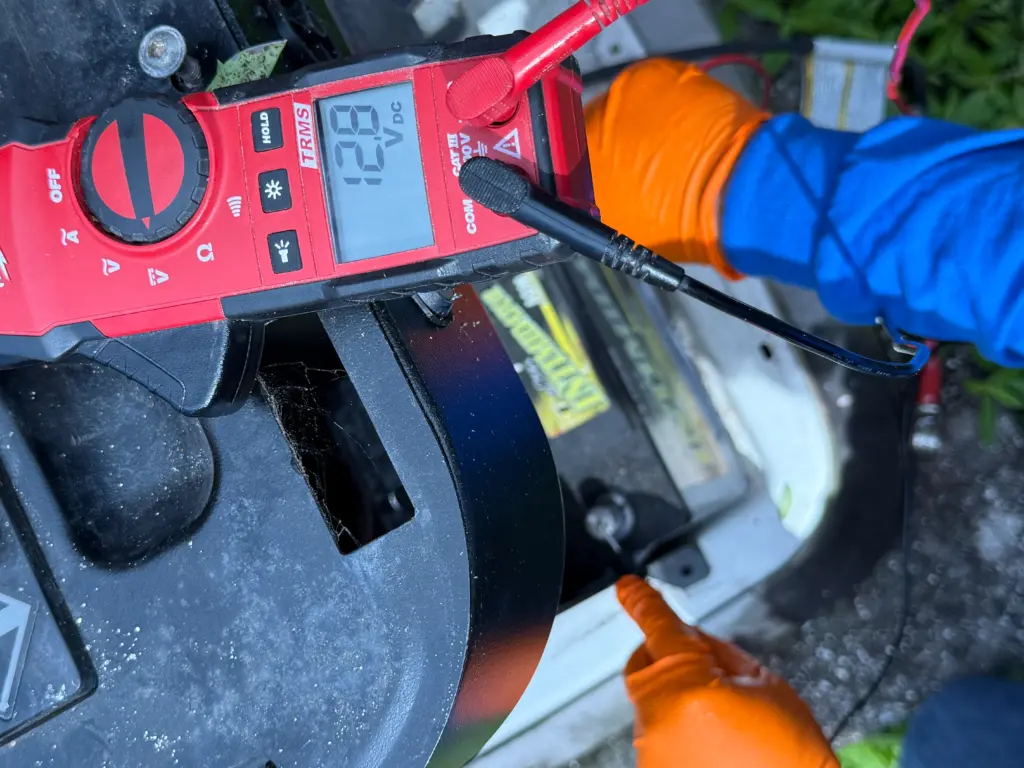
Real-Life Scenarios: Matching Generators to Lifestyles
Every homeowner’s power needs are different. Imagine a couple living in a downtown apartment. Their outage plan is simple—keep the refrigerator cold, lights on, and Wi-Fi connected. Their total power demand is around 2,500 watts, which a compact inverter generator can easily handle.
Now picture a family of four in the suburbs. They need to keep the furnace fan, refrigerator, sump pump, and lighting operational during storms. Together, these systems draw about 6,000 watts, so a 7,500-watt portable generator would be a perfect fit.
On a rural property, the needs grow. A homeowner relying on well water, a large freezer, and central air conditioning can easily surpass 12,000 watts. A 15,000-watt standby generator would supply enough energy to keep the household functioning as though the outage never happened.
These examples show that what generator do I need depends on daily routines more than home size. The goal is always the same: power the essentials without overspending on unused capacity.
Fuel Type and Efficiency
Choosing the right fuel source is another essential part of determining what generator do I need. Gasoline is the most common option for portable models, but it requires careful storage and frequent refueling. Propane burns cleaner and lasts longer in storage, making it ideal for long-term backup use.
Diesel is best suited for larger generators because of its superior efficiency and durability under heavy load. For homes connected to natural gas lines, that fuel is the most convenient choice. It provides a constant supply, allowing standby systems to run automatically without interruptions.
When comparing models, think about how easy it will be to maintain fuel during an outage. A smaller, fuel-efficient generator that can run longer on a single tank is often more practical than a larger one that burns through resources quickly.
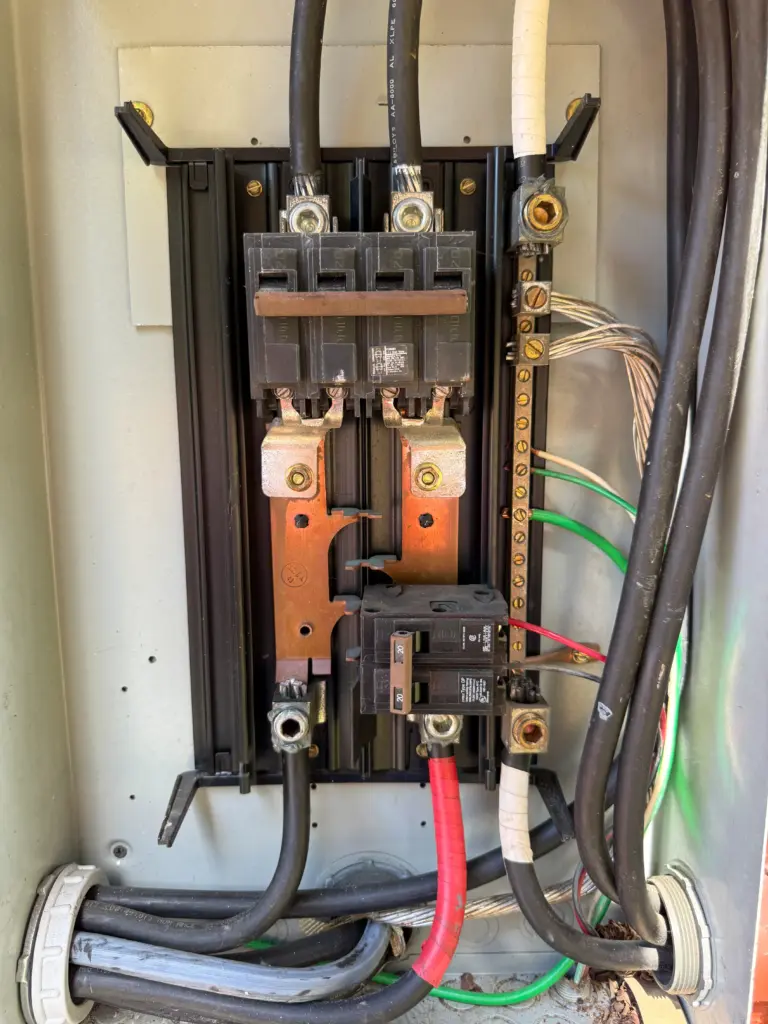
Avoiding Common Mistakes
Many homeowners make the mistake of buying a generator that’s far larger than necessary. While it might seem safer to have extra power, running a generator well below capacity can cause it to operate inefficiently and wear out faster. On the other hand, choosing a model that’s too small can overload circuits, leading to tripped breakers or stalled motors.
Another common oversight is ignoring power quality. Not all generators produce the same clean voltage output. Low-quality models can fluctuate and potentially damage sensitive devices. According to Consumer Reports, investing in a reputable brand ensures stable performance and protects appliances from electrical surges.
Balancing size, quality, and efficiency prevents wasted fuel, saves money, and extends your generator’s lifespan.
Considering Long-Term Costs
When asking what generator do I need, remember to think beyond the purchase price. Operating costs, maintenance, and fuel efficiency all matter over time. A high-efficiency generator might cost more upfront but will save you money in the long run.
Portable generators require regular maintenance and manual refueling but are easy to move and store. Standby generators need professional installation and annual servicing but offer automatic operation. If you experience frequent power outages, the convenience and reliability of a standby model often justify the higher cost.
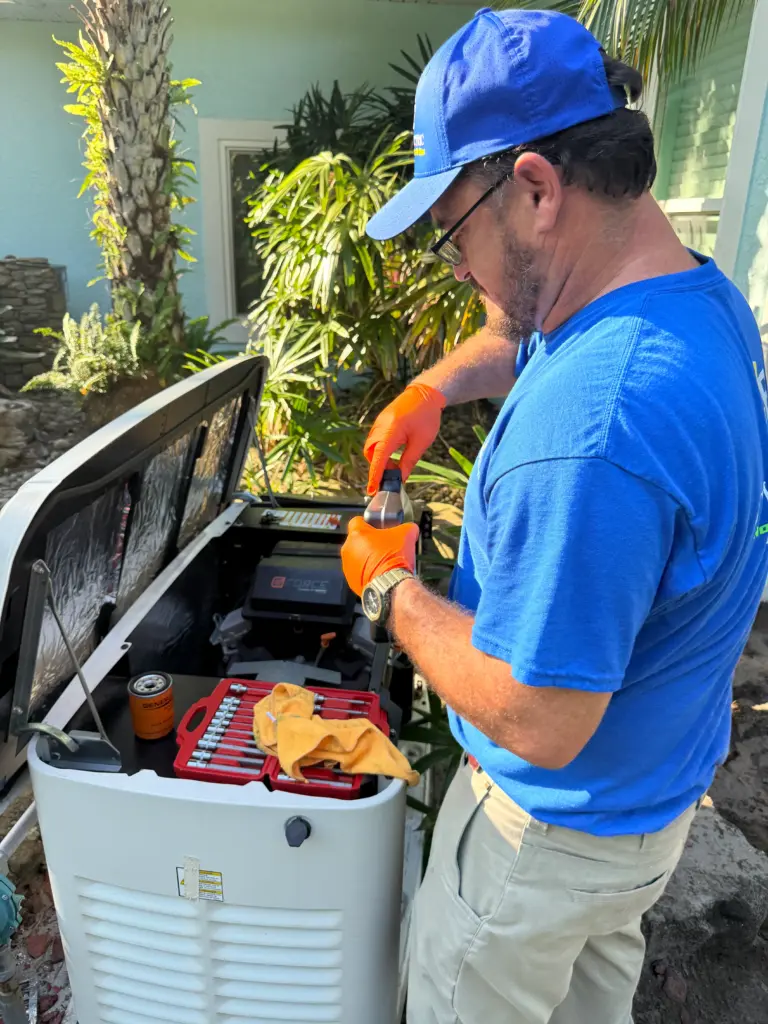
Planning for Future Power Needs
Power demand is growing in modern homes. Between electric vehicles, smart systems, and energy-hungry appliances, today’s wattage requirements can rise quickly. When considering what generator do I need, plan for growth.
Choosing a generator with about 20 percent more capacity than your current load ensures you’ll be ready for new additions without straining your system. Pair that with energy-efficient appliances and LED lighting to keep your total consumption under control.
Periodic evaluations by a professional electrician can help you adjust your backup power system as your home evolves, keeping your generator’s performance aligned with your needs.
Professional Help Makes It Easier
Even with research and calculations, sizing a generator can be tricky. Every home has unique wiring, startup surges, and power priorities. A licensed electrician can measure your load accurately and recommend the most effective generator for your layout and usage habits.
If you want expert help choosing, installing, or maintaining your generator, reach out to Others Electric. Their certified electricians specialize in evaluating energy needs and setting up reliable backup systems. With their help, you can stop guessing what generator do I need and start relying on a perfectly matched solution.
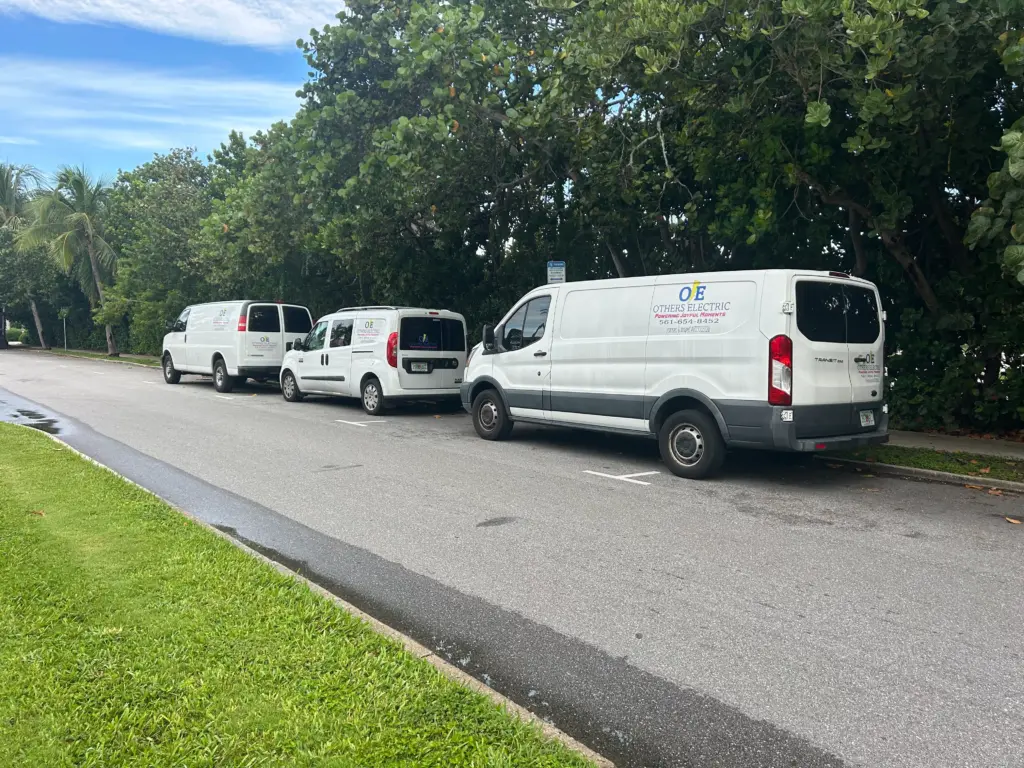
Keep Your Power On, Your Worries Off
When the grid fails, the right generator keeps life running as usual. Understanding what generator do I need is about balancing your power demands with efficiency and safety. Take time to list your essential circuits, evaluate fuel options, and consider your long-term energy goals.
The right decision will give you consistent comfort and protection through every outage. For reviews, comparisons, and detailed buying advice, visit Consumer Reports. For installation, maintenance, or expert guidance, contact Others Electric. Their team ensures your generator is installed correctly and ready to perform whenever you need it.


